Introduction
With the rise of AI technology, businesses are adopting automation to enhance customer experience and streamline operations. AI agents and chatbots are two powerful tools that enable real-time interactions with users, but they serve distinct roles. So, how do they differ, and which one is right for your business? Let’s break it down.
1️⃣ What Are Chatbots?
Chatbots are AI-powered tools designed to simulate conversations with users through text or voice. They are commonly used for simple tasks like answering frequently asked questions, providing support, or guiding users through basic workflows.
- How they work:
Chatbots operate using pre-programmed rules, keyword recognition, and sometimes basic natural language processing (NLP) to understand user input and provide scripted responses. - Best for:
Customer support, FAQ sections, basic inquiries, lead qualification, and information gathering.
Example: A customer visiting a website might ask, “What are your business hours?” The chatbot instantly responds with the answer from its database.
2️⃣ What Are AI Agents?
AI Agents go beyond basic interactions—they’re advanced systems that use machine learning, NLP, and contextual understanding to engage in deeper, more meaningful conversations and solve complex tasks. AI agents can learn from interactions, improve their performance over time, and handle multi-step processes.
- How they work:
AI agents can process vast amounts of data and adapt to different situations in real-time, offering more personalized responses and decision-making. They are more like “virtual assistants” that can perform complex tasks, such as booking appointments, troubleshooting issues, or analyzing data. - Best for:
Customer service, sales assistance, scheduling, business process automation, personalized recommendations, and cross-platform interactions.
Example: An AI agent in a customer support role could not only answer a question but also gather information about the user’s issue, process the data, and provide a solution based on historical interactions.
3️⃣ Key Differences Between AI Agents and Chatbots
| Aspect | Chatbots | AI Agents |
|---|---|---|
| Complexity | Simple, rule-based conversations | Advanced, context-aware interactions |
| Learning Ability | Limited or no learning capability | Can learn and improve over time |
| Task Handling | Basic, predefined tasks | Multi-step processes and decision-making |
| Use Case | FAQs, simple inquiries, bookings | Personalized customer service, problem-solving, automation |
| Integration | Limited integrations | Can integrate with various systems and databases |
| Response Nature | Pre-programmed answers | Dynamic and adaptive to user inputs |
4️⃣ Which One Does Your Business Need?
Choosing between a chatbot and an AI agent depends on your business needs:
- Choose a Chatbot if:
- You need to handle a high volume of simple queries efficiently.
- You want a cost-effective solution to automate customer service for basic tasks (e.g., checking business hours, order status).
- Your goal is to provide instant responses to FAQs or basic inquiries.
- Choose an AI Agent if:
- You need to automate complex workflows or provide personalized services (e.g., troubleshooting, appointment booking, sales assistance).
- You want a system that can learn from past interactions and provide dynamic, tailored responses.
- You aim to integrate AI with your CRM, databases, or other business tools for enhanced support.
5️⃣ The Benefits of Each for Your Business
Chatbots provide:
- Instant responses to frequently asked questions.
- High scalability for handling multiple users simultaneously.
- Cost-effective implementation.
AI Agents offer:
- More complex interactions that can address customer needs holistically.
- Long-term value through continuous learning and improvement.
- Greater versatility, with the ability to integrate with back-end systems and deliver personalized experiences.
Conclusion
Both chatbots and AI agents have their place in modern businesses. If you’re focused on basic customer service and automation of simple tasks, a chatbot is a great solution. However, if you require deeper engagement, learning capabilities, and the ability to handle complex customer journeys, an AI agent is the better choice.
Decide based on the complexity of your business needs and the type of experience you want to offer your customers. Whether you go with a chatbot or an AI agent, the right technology will enhance your customer experience and drive efficiency for your business. 🚀

